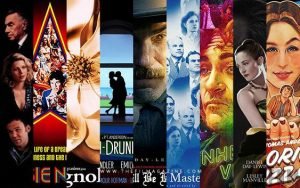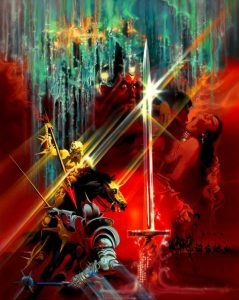The Unique Creative Vision of Filmmaker Harmony Korine
Harmony Korine is a filmmaker with a unique and creative vision that is often divisive and challenging for audiences. Known for his unconventional storytelling methods, Korine’s filmmaking style has been both celebrated and criticized by critics and moviegoers alike. In this article, we’ll take a closer look at Harmony Korine’s approach to filmmaking and explore what makes his work stand out in the world of cinema.
Harmony Korine is a filmmaker with a unique and creative vision that is often divisive and challenging for audiences. Known for his unconventional storytelling methods, Korine’s filmmaking style has been both celebrated and criticized by critics and moviegoers alike. In this article, we’ll take a closer look at Harmony Korine’s approach to filmmaking and explore what makes his work stand out in the world of cinema.
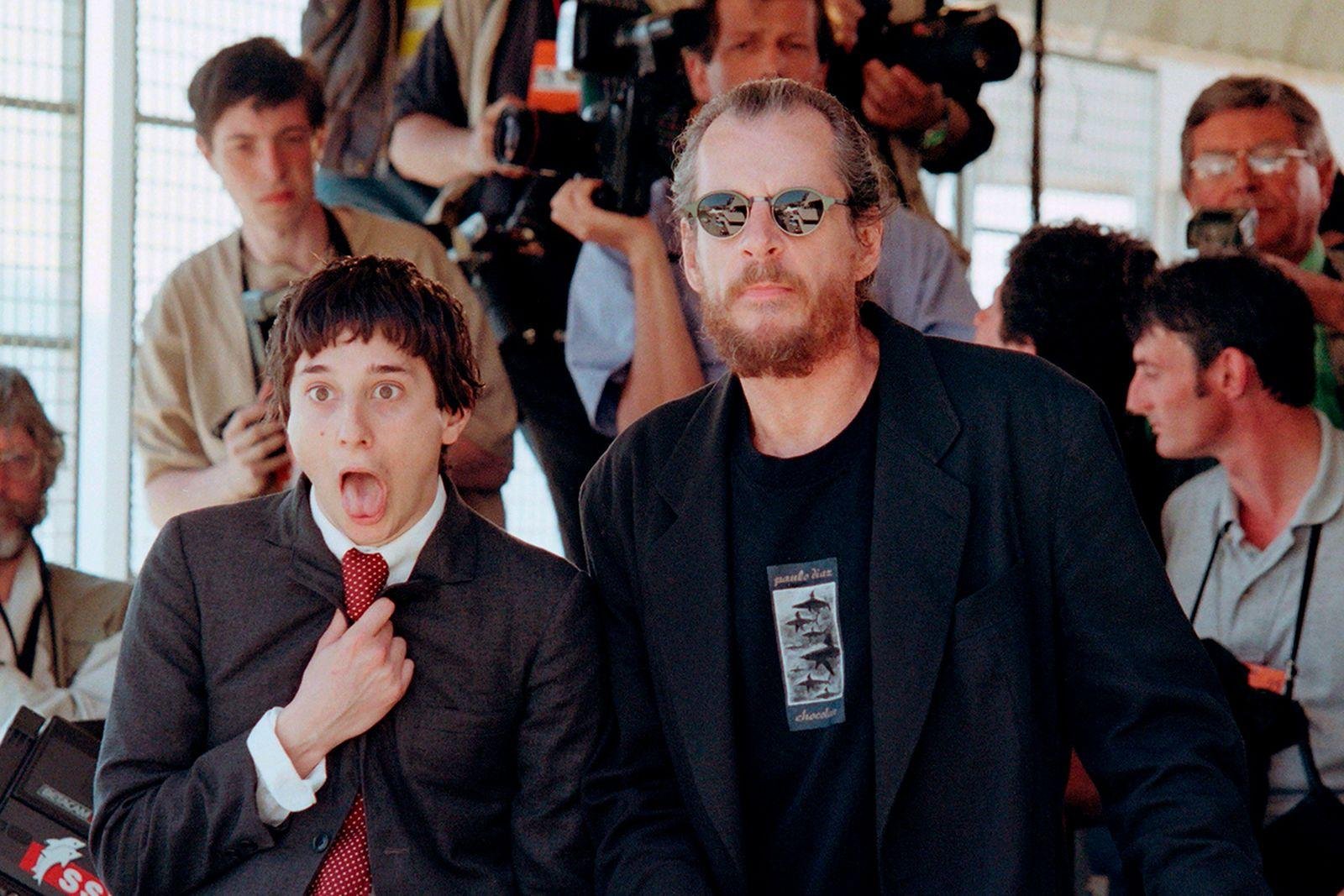
Introduction to Harmony Korine and his unique filmmaking style
Harmony Korine is an American filmmaker known for his unique and unconventional approach to storytelling. He first gained recognition for his work on the screenplay for the cult classic “Kids” (1995). Korine’s filmmaking style is marked by his use of non-linear narratives, surreal imagery, and absurdist humor. His movies often feature a cast of eccentric characters living on the fringes of society and explore taboo subjects such as drug use and mental illness. Korine’s films are a sensory experience, challenging the viewer to question their own perceptions of reality. With his distinct style and bold vision, Harmony Korine has become a celebrated figure in the world of indie cinema.
Early career and influences
Harmony Korine is a filmmaker known for his unique and unconventional style of filmmaking. He started his career as a screenwriter for the controversial film “Kids” in 1995, which was directed by Larry Clark. Korine’s early influences include experimental filmmakers like Stan Brakhage, Werner Herzog, and Harmony’s father, Sol Korine, who was a filmmaker and artist himself. His early work was characterized by a non-linear narrative, non-professional actors, and an emphasis on exploring the underbelly of American society. These early experiences and influences played a significant role in shaping Korine’s distinctive style, which continues to challenge traditional filmmaking conventions today.
Use of non-linear narrative structures
Harmony Korine is known for his unconventional filmmaking style, often using non-linear narrative structures in his films. This technique allows him to present his stories in a fragmented manner, jumping back and forth in time, and often leaving the audience to piece together the plot. Korine’s use of this technique creates a sense of disorientation and unpredictability, forcing the audience to engage with the film in a more active way. This is evident in his films such as “Gummo” and “Spring Breakers,” where the non-linear structure adds to the overall tone and feeling of the film. Korine’s unique approach to storytelling is a testament to his creativity and willingness to take risks in his filmmaking.
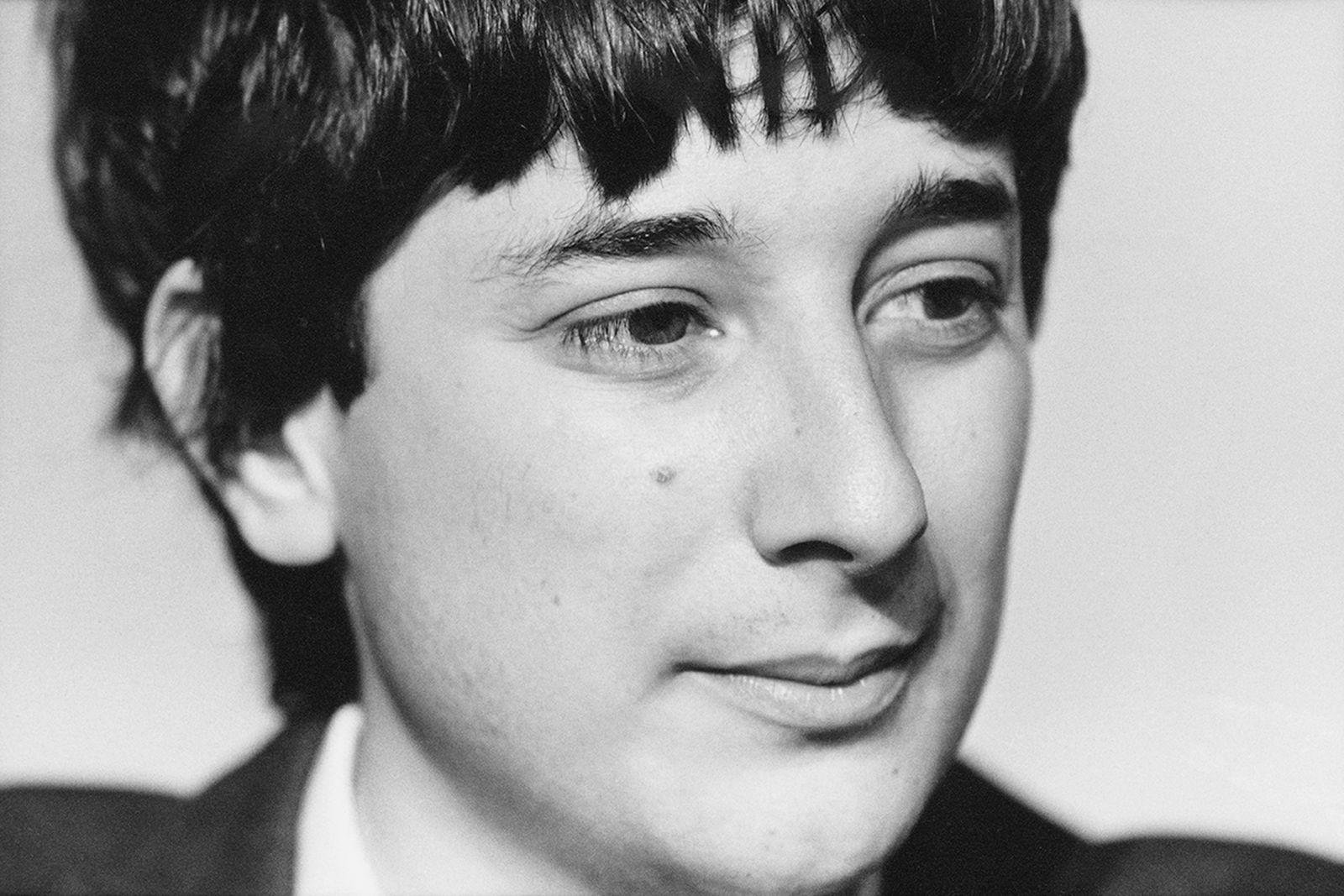
Emphasis on visuals and aesthetics
When it comes to Harmony Korine’s filmmaking style, emphasis on visuals and aesthetics play a crucial role. Korine’s unique style of storytelling is not only limited to the use of unconventional narrative structures and characters but also extends to the visual aesthetics. He often uses vivid and colorful cinematography, non-linear editing, and surreal imagery to add a dreamlike quality to his films. He also pays close attention to set design and costumes, creating striking visual stories that are as captivating as they are thought-provoking. From Gummo to Spring Breakers, Korine’s films are a feast for the eyes, with each frame carefully crafted to deliver an immersive cinematic experience.
Non-traditional casting choices
Harmony Korine is known for his unconventional filmmaking style, which often incorporates non-traditional casting choices. Rather than relying on familiar faces or established names in Hollywood, Korine often casts unknown actors or performers from outside the industry, such as real-life street performers or musicians. This approach adds an element of authenticity and unpredictability to his films, and allows for a more diverse range of voices and perspectives to be represented on screen. While it may not be the most conventional approach to casting, Korine’s willingness to take risks and think outside the box has helped him create some of the most unique and memorable films of recent years.
Exploration of taboo subjects
Harmony Korine is a filmmaker who is known for his unique style of exploring taboo subjects in his movies. He fearlessly tackles controversial topics such as sex, drugs, and crime in his films, often blurring the lines between what is considered acceptable and taboo. His unconventional filmmaking style has earned him a reputation as a boundary-pushing director who is unafraid to challenge societal norms. Korine’s work has been both praised and criticized for its raw and unfiltered portrayal of human behavior, making him a significant figure in the world of cinema.
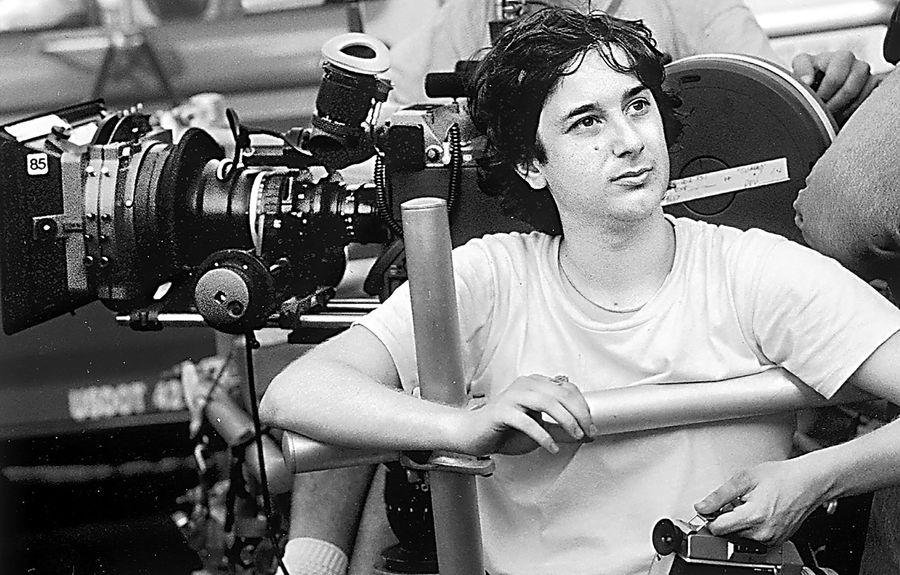
Focus on youth culture and subcultures
Harmony Korine’s filmmaking style reflects a focus on youth culture and subcultures. Korine has a unique vision that often portrays marginalized youth and their struggles in society. His films are known for their gritty realism and unconventional storytelling, which perfectly capture the essence of the underground subcultures he portrays. Korine’s use of non-actors and improvised scenes create an authentic atmosphere that resonates with his audience. His films push boundaries and challenge norms, making him a celebrated figure in the world of independent cinema.
Collaboration with musicians and artists
Harmony Korine is known for his unique filmmaking style that blends reality and fiction. One aspect of his filmmaking that is often overlooked is his collaboration with musicians and artists. In his films, Korine often incorporates music by underground artists and features cameos by visual artists like Dan Colen and Rita Ackermann. These collaborations add to the overall aesthetic of his films and create an immersive experience for the viewer. Additionally, Korine has worked with musicians to create original soundtracks for his films, such as the iconic score for “Spring Breakers” created by Skrillex and Cliff Martinez. Korine’s willingness to collaborate with artists from various fields showcases his creativity and adds a dynamic element to his filmmaking.
Incorporation of improvisation and spontaneity
Harmony Korine’s filmmaking style is characterized by the incorporation of improvisation and spontaneity in his films. He encourages his actors to deviate from the script and embrace their natural instincts. This allows for more authentic and raw performances, and creates a sense of unpredictability in his films that keeps the audience engaged. Korine’s use of improvisation also gives his actors the freedom to explore their characters in a more dynamic way, which can lead to moments of brilliance on screen. Overall, Korine’s approach to filmmaking adds a unique and refreshing element to the cinema industry.
Criticism and controversy surrounding his films
Harmony Korine is a filmmaker known for his unconventional and often controversial approach to filmmaking. His work has sparked criticism and controversy, particularly around his use of taboo themes, non-linear storytelling, and graphic imagery. Some have praised his unique vision and willingness to push boundaries, while others have criticized his films for being too self-indulgent and gratuitous. Despite the mixed reactions, Korine remains a significant figure in independent cinema, and his films continue to challenge audiences and provoke discussion.
For more information about Harmony Korine filmmaking style, including movie details, cast information, etc..
check out the filmaffinity page.

